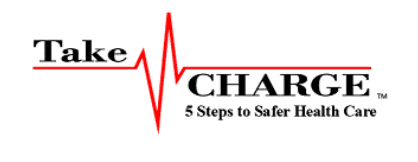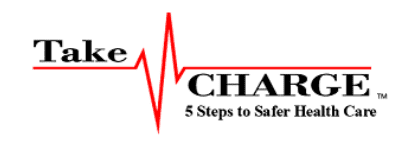Step 4 Help Prevent Infections: Ask Caregivers to Wash Their Hands
Communicating About Hand Washing
At Pulse Center for Patient Safety Education & Advocacy, community members learning to be advocates or to support a patient are taught that hand washing is often about more than just clean hands. When a clinician washes before touching a vulnerable patient, it shows respect for the patient. The patient can better trust the person who is washing. It says that they care enough to protect the patient from germs and possible infection.
As a patient or family member, if you see someone wash, be sure to thank them.
Asking someone to wash their hands can be embarrassing and cause discomfort. Recognize this up front. Also, they probably wash their hands all day and just because you didn’t see them do it doesn’t mean it hasn’t been done. So, acknowledge that.
You might say, “I’m sure you wash all day but I would feel more comfortable if I saw you wash your hands before you touch me.”
This way you have acknowledged that you know they wash, and maybe just forgot, but you still want them to.

